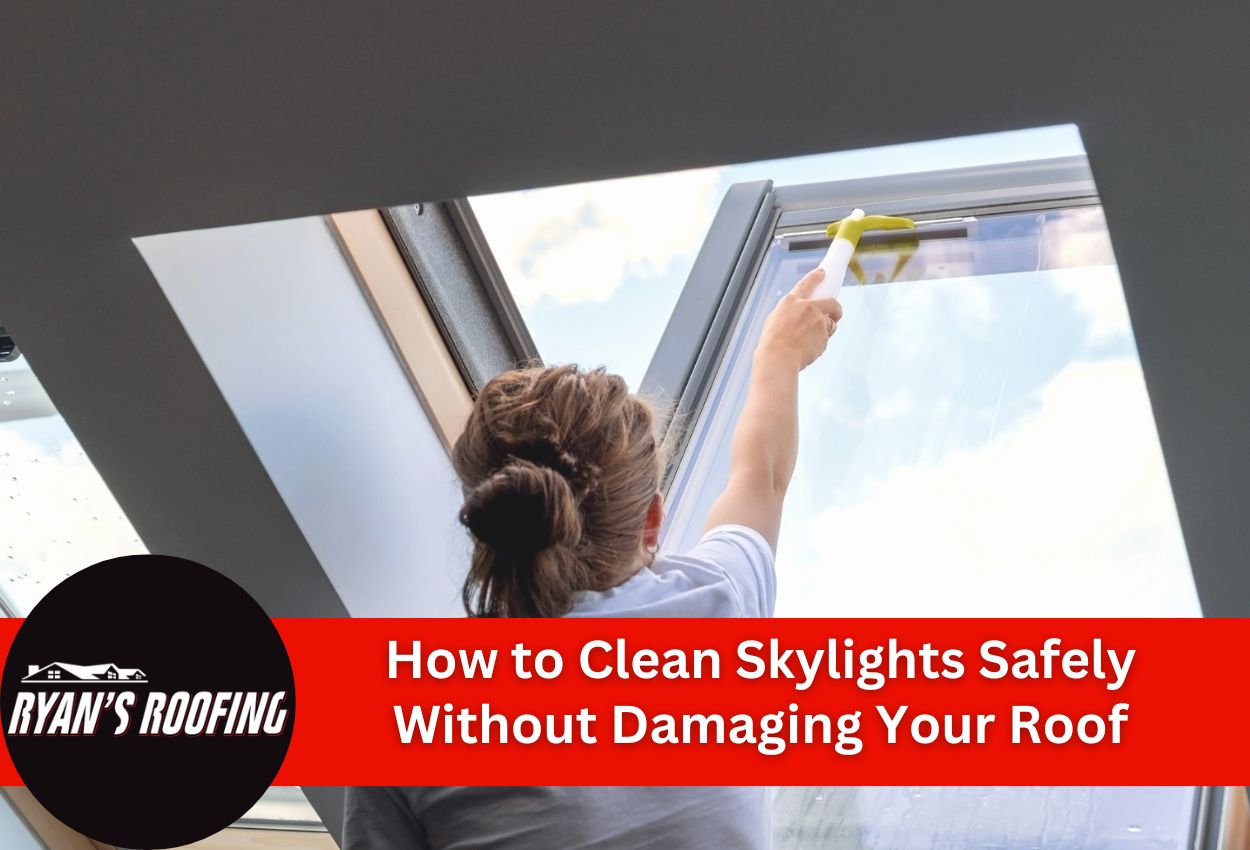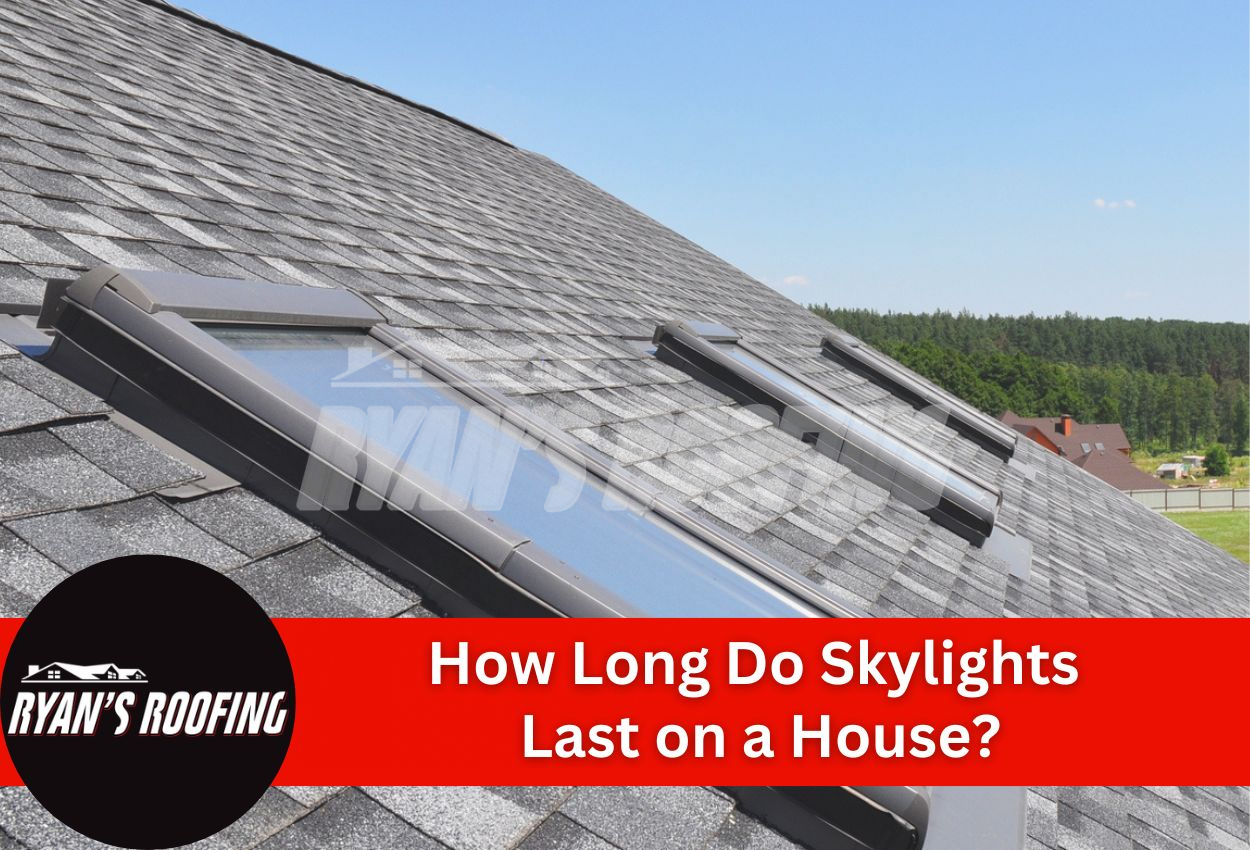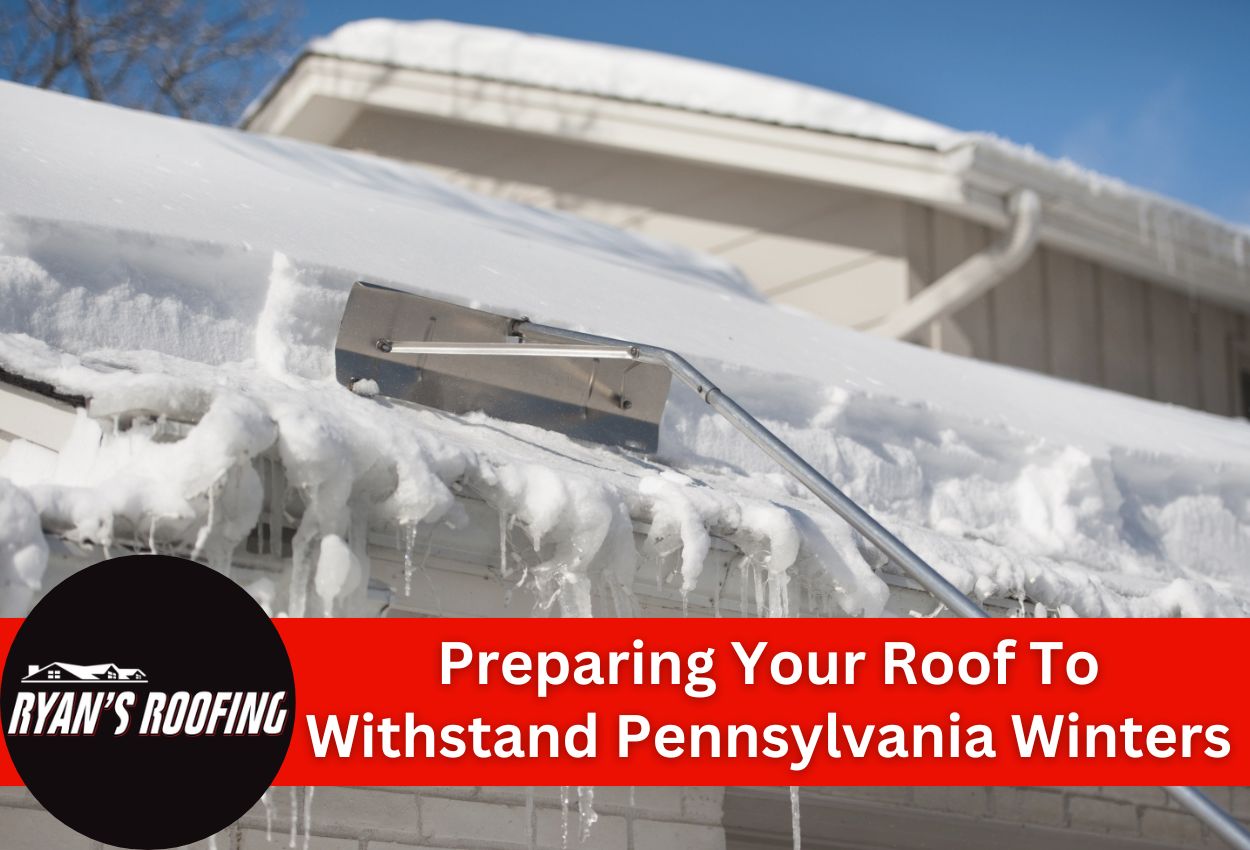
That small drip from your gutter might seem like a minor annoyance, but leaking gutters are actually a serious threat to your home. What starts as a simple leak can quickly escalate into extensive damage affecting your foundation, siding, landscaping, and even your roof. Gutter systems in Harrisburg are under constant stress due to Pennsylvania’s seasonal weather patterns that bring heavy rain, snow, and falling leaves throughout the year.
Leaking gutters fail at their primary job: directing water away from your home. When water escapes through cracks, loose seams, or overflows from clogged channels, it pools around your foundation, seeps into basements, and creates the perfect environment for mold growth. The constant moisture exposure can rot wooden fascia boards, damage siding, and erode your landscaping.
Most gutter leaks stem from aging seam connections, improper installation angles, hidden cracks, or debris buildups that force water to find alternate paths. The freeze-thaw cycles common in Harrisburg winters can exacerbate these problems, expanding small cracks into major failures. Understanding why gutter leaks happen is the first step toward preventing the significant water damage they cause and protecting your home for years to come.
Warning Signs Your Gutters Are Leaking and Need Attention
Identifying gutter problems early can save Harrisburg homeowners from expensive repairs down the road. The most obvious signs of leaking gutters include water marks or stains running down your home’s exterior walls. This discoloration typically appears directly beneath gutter seams or corners where water escapes instead of flowing through the system. You might also notice peeling paint or rotting wood around your roofline as moisture repeatedly saturates these areas.
Rusting metal gutters and sagging sections are clear indicators that your gutter system is compromised. During rainstorms, look for water spilling over the sides rather than flowing through downspouts. This overflow often points to clogs or improper positioning that forces water to find alternative routes.
Less apparent signs require more investigation. Check your basement for unusual dampness or musty odors, particularly after rain. The appearance of mildew or mold on interior walls could indicate that water from leaking gutters is penetrating your home. Examine the soil and landscaping around your foundation — eroded soil, displaced mulch, or mud splatters on siding are telltale signs that water isn’t being directed away from your home.
Pennsylvania’s variable weather makes gutters particularly vulnerable to damage. It’s important to address these warning signs as soon as possible to prevent extensive water damage to your roof and home.
Foundation Damage: The Most Expensive Consequence of Leaking Gutters
When gutters leak, the most devastating damage often occurs below ground level where you can’t easily see it. Foundation damage is one of the biggest consequences of malfunctioning gutter systems and often requires extensive repairs that can run into thousands. When water isn’t properly channeled away from your home, it pools around the foundation, creating hydrostatic pressure that can crack concrete, cause settling issues, and eventually lead to structural instability.
The danger is significantly amplified in Pennsylvania. As water seeps into tiny foundation cracks, it expands when frozen, forcing these small cracks wider with each cycle. What begins as a hairline fracture can develop into a serious structural issue over just a few seasons. These cycles create a compounding effect that accelerates foundation damage far beyond what might occur in more temperate climates.
Signs of foundation problems include uneven floors, doors that stick or won’t close properly, cracks in walls (especially above doorways or windows), and visible cracks in the foundation itself. By the time these symptoms appear, significant damage has often already occurred. Properly functioning gutters direct water at least 5 to 10 feet away from your home’s foundation, protecting your largest investment from water damage.
How Leaky Gutters Damage Your Home’s Exterior
Leaking gutters don’t just affect your foundation, they can affect your home’s entire exterior. When gutters fail, water cascades down siding instead of through downspouts, saturating exterior walls. This constant moisture exposure leads to wood rot, especially on fascia boards that directly support your gutter system. Once these structural elements begin deteriorating, they create a domino effect of damage that compromises your home’s structural integrity.
Exterior paint provides your first line of defense against the elements, but it’s no match for constant water exposure from leaking gutters. The persistent moisture causes paint to bubble, peel, and eventually fail completely, leaving underlying materials vulnerable to water infiltration. In Harrisburg, this deterioration happens faster than many homeowners realize.
Beyond your home’s structure, leaking gutters wreak havoc on carefully planned landscaping. Instead of being directed safely away from your property, water pours over gutter edges during rainstorms, creating trenches in the soil and washing away mulch, plants, and topsoil. This erosion can undermine walkways, patios, and decorative features while creating channels throughout your yard. Professional gutter repairs from qualified Harrisburg roofing contractors prevent these issues by ensuring water flows properly through your gutter system and away from vulnerable landscaping.
DIY Inspection and Temporary Fixes for Leaking Gutters
While professional repairs provide the most reliable solution for leaking gutters, Harrisburg homeowners can conduct their own preliminary inspections and implement temporary fixes. Start by examining your gutters on a clear day after rainfall to spot water marks, rust, or sagging sections. Use binoculars for a safer ground-level inspection of higher areas. Check for proper slope, gutters should angle slightly toward downspouts, and ensure downspouts extend at least 5 feet from your foundation.
When inspecting seams, look for gaps or separations where sections meet. These connection points are common failure spots. Also, examine the fasteners securing gutters to your home, as loose hardware creates pockets where water can escape. Clear all debris from gutters and downspouts, as clogs force water to find alternate paths and create pressure on seams.
For temporary repairs, silicone caulk works well on small holes and seam leaks. Apply it to thoroughly dried gutters during a stretch of dry weather. For larger holes, consider a patch kit from your local hardware store. Splash guards can temporarily redirect overflow until professional repairs are possible. In winter, consider heat tape along gutters to prevent ice dams that worsen leaks.
Remember that these DIY solutions should only serve as temporary measures while awaiting professional service. Pennsylvania’s seasonal weather changes can quickly compromise makeshift repairs, potentially causing more damage down the line.
When to Call a Professional: Beyond DIY Gutter Repairs
While DIY repairs can address minor gutter issues, certain situations need professional expertise. Structural damage to your gutter system, including severe sagging, pulling away from the fascia, or multiple failing connection points, requires professional assessment. If you notice water penetrating your home’s interior walls or ceilings after rainfall, this indicates a serious problem that DIY methods cannot adequately solve.
Complete gutter replacement is necessary when your system shows extensive rust, numerous cracks, or frequent leaks despite repairs. Older homes in the Harrisburg area often have outdated gutter systems that simply cannot handle Pennsylvania’s increasingly intense rainfall. When water damage has affected your roof decking or fascia boards, professional intervention is critical to prevent further structural compromise.
When hiring a professional gutter specialist in Harrisburg, expect a thorough inspection that evaluates not just the gutters themselves but their relationship to your overall roofing system. Reputable contractors will examine your fascia, soffit ventilation, roofline, and foundation to identify all water-related issues. They’ll determine proper sizing for your home’s specific water management needs and ensure appropriate downspout placement to protect vulnerable areas around your property.
The investment in professional gutter repair or replacement pays off by protecting your home from water damage that typically costs more to repair than regular gutter maintenance.
Preventative Maintenance: Keeping Your Gutters Leak-Free Year-Round
Maintaining your gutters is far easier than dealing with the damage caused by leaks. For Harrisburg homeowners, a seasonal maintenance approach works best due to Pennsylvania’s distinct weather patterns. In spring, clear gutters of blossoms, seed pods, and debris that accumulated during winter. Summer maintenance should focus on checking for loose fasteners and ensuring downspouts remain clear, especially after storms. Fall requires more frequent cleaning as leaves shed from surrounding trees, while winter inspections should check for ice dams and ensure gutters are secure enough to handle snow weight.
Modern gutter protection systems offer excellent solutions for homeowners looking to reduce maintenance frequency. Mesh guards, foam inserts, and solid covers all provide varying levels of protection against debris while allowing water to flow freely. For Harrisburg homes surrounded by mature trees, micro-mesh systems offer superior protection from even small debris while minimizing the need for cleaning. Helmets or hoods that allow water to adhere to their curved surface while rejecting leaves and twigs also work exceptionally well.
A professional inspection once per year helps identify potential problems before they become serious. Many local roofing contractors offer maintenance plans that include gutter cleaning and inspection services, ensuring your entire roofing system works together to protect your home against Pennsylvania’s weather challenges. Remember, preventive maintenance is always more affordable than repairing water damage from gutters.
Expert Gutter Repair Services in Harrisburg with Ryan’s Roofing LLC
Have you noticed signs of gutter damage such as water marks, rust, or sagging sections? Perhaps you see more subtle indicators like dampness in your basement or mold growth. These are critical warning signs that your gutters may be leaking and could potentially lead to severe structural issues, including extensive foundation damage. In Harrisburg, where freeze-thaw cycles are common, taking care of these issues can prevent long-term damage.
Don’t wait for the problem to worsen. Protect your home and investment by calling Ryan’s Roofing LLC today at (717) 608-1587. Our team of experts specializes in quickly diagnosing and efficiently repairing any gutter-related issues, ensuring your home remains safe and dry, regardless of the season. Act now to secure your home against the risks of leaking gutters. Call Ryan’s Roofing LLC at (717) 608-1587 and ensure your gutters function perfectly all year round.





